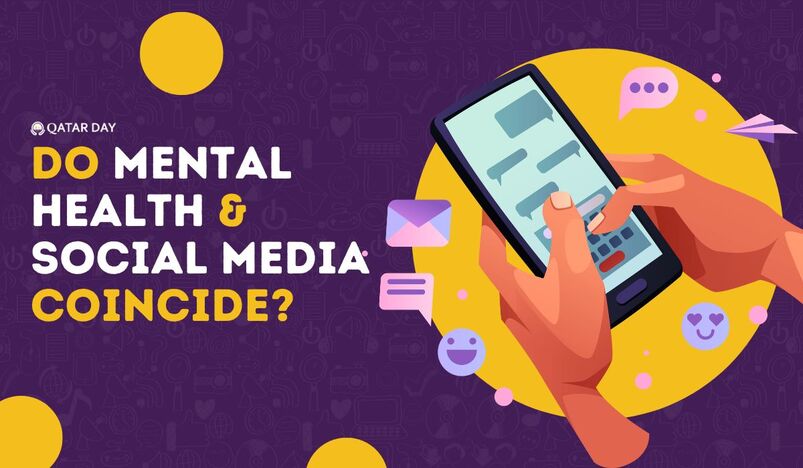
In our contemporary society, the advent of social media has reshaped the way we interact, communicate, and perceive the world.
Platforms such as Facebook, Instagram, TikTok, and Twitter have seamlessly integrated into our daily routines, offering avenues for connection and expression.
Yet, alongside these benefits lie nuanced challenges, particularly concerning mental health.
Today, let’s delve into the complex interplay between social media and mental well-being, exploring its multifaceted impacts and offering guidance for navigating this digital landscape.
Social media platforms often serve as showcases for individuals to present curated glimpses into their lives.
However, this curated presentation can inadvertently foster feelings of inadequacy and comparison.
Constant exposure to others' carefully curated highlights may lead individuals to unfavourably contrast their own lives, perpetuating a cycle of self-doubt and insecurity. Addressing this phenomenon requires cultivating mindfulness and recognizing the inherent biases of social media portrayals.
The anonymity afforded by the digital realm has facilitated the proliferation of cyberbullying, posing significant risks to mental health. Unlike traditional forms of bullying, cyberbullying transcends physical boundaries, permeating individuals' online experiences.
Victims of cyberbullying often endure relentless harassment and intimidation, leading to feelings of isolation and distress. Combatting this issue necessitates collective efforts to promote digital empathy and enforce robust anti-bullying measures.
The instantaneous gratification provided by social media interactions can engender addictive behaviours akin to substance abuse.
The dopamine rush elicited by likes and comments reinforces compulsive usage patterns, detracting from real-world engagements and exacerbating feelings of loneliness.
Mitigating the addictive pull of social media involves setting boundaries, practicing mindful consumption, and fostering offline connections to restore balance and well-being.
In the quest for validation and social acceptance, individuals often curate idealized versions of themselves on social media.
However, this pursuit of perfection can exact a toll on mental health, fostering feelings of inadequacy and inauthenticity.
Embracing vulnerability and authenticity in online interactions can counteract this pressure, fostering genuine connections and bolstering self-esteem.
Navigating the digital age's impact on mental health necessitates adopting proactive strategies to promote well-being.
Setting boundaries on social media usage, curating feeds to prioritize positive content, and engaging in activities that foster offline connections are essential steps in cultivating a balanced relationship with technology.
Additionally, cultivating digital literacy skills empowers individuals to critically evaluate online content and discern between reality and idealized portrayals.
Addressing the broader societal factors influencing social media's impact on mental health requires collective action and advocacy.
This entails promoting policies that prioritize online safety, holding social media platforms accountable for their content moderation practices, and fostering a culture of authenticity and empathy online.
By advocating for systemic change, we can create a healthier and more inclusive digital environment for all.
The intersection of mental health and social media presents a multifaceted challenge in the digital age. While social media offers unprecedented opportunities for connection and expression, it also poses significant risks to mental well-being.
By fostering awareness, promoting digital literacy, and advocating for systemic change, we can navigate the complexities of the digital landscape while safeguarding our mental health.
Ultimately, striking a balance between connectivity and well-being is essential in fostering a healthier relationship with technology and creating a more resilient digital society.
.jpg)
Qatar Secures Place Among the World's Top 10 Wealthiest Nations
.jpg)
Hamad International Airport Witnesses Record Increase in Passenger Traffic

Saudi Arabia: Any visa holder can now perform Umrah

What are Qatar's Labour Laws on Annual Leave?
Leave a comment